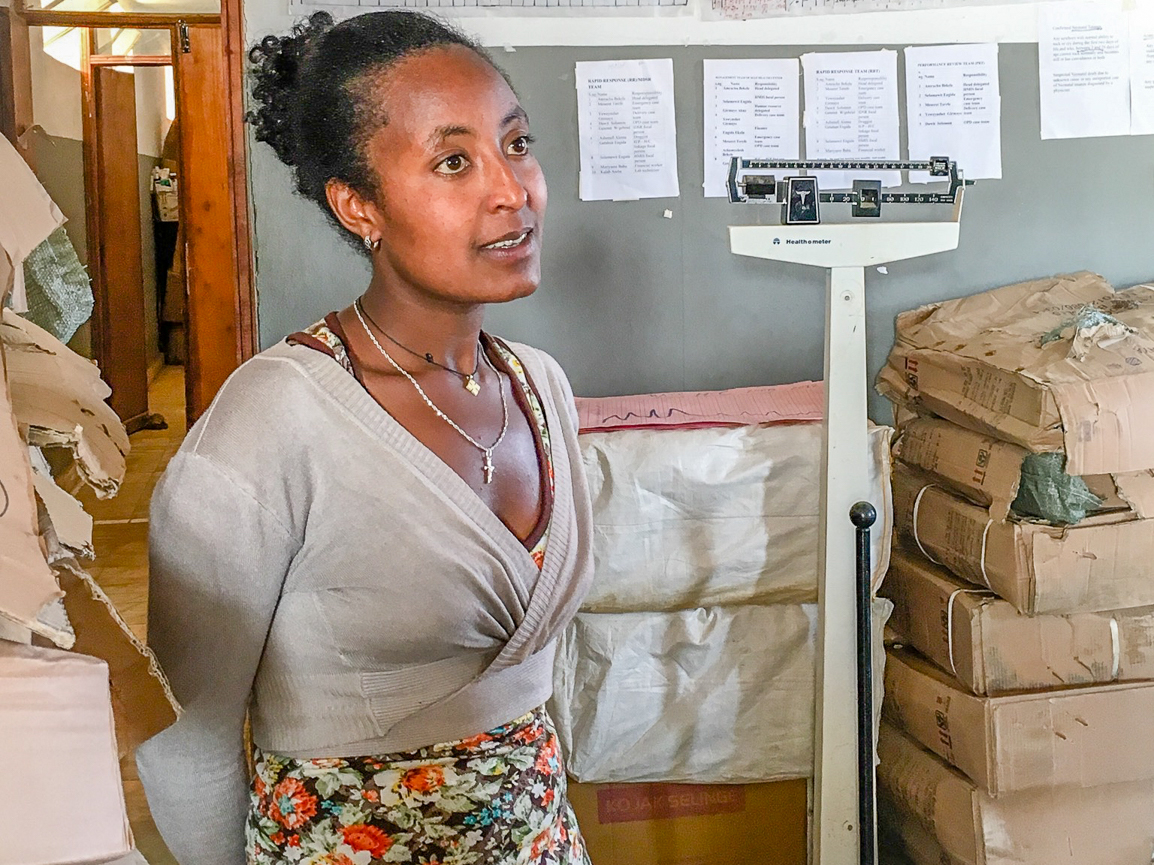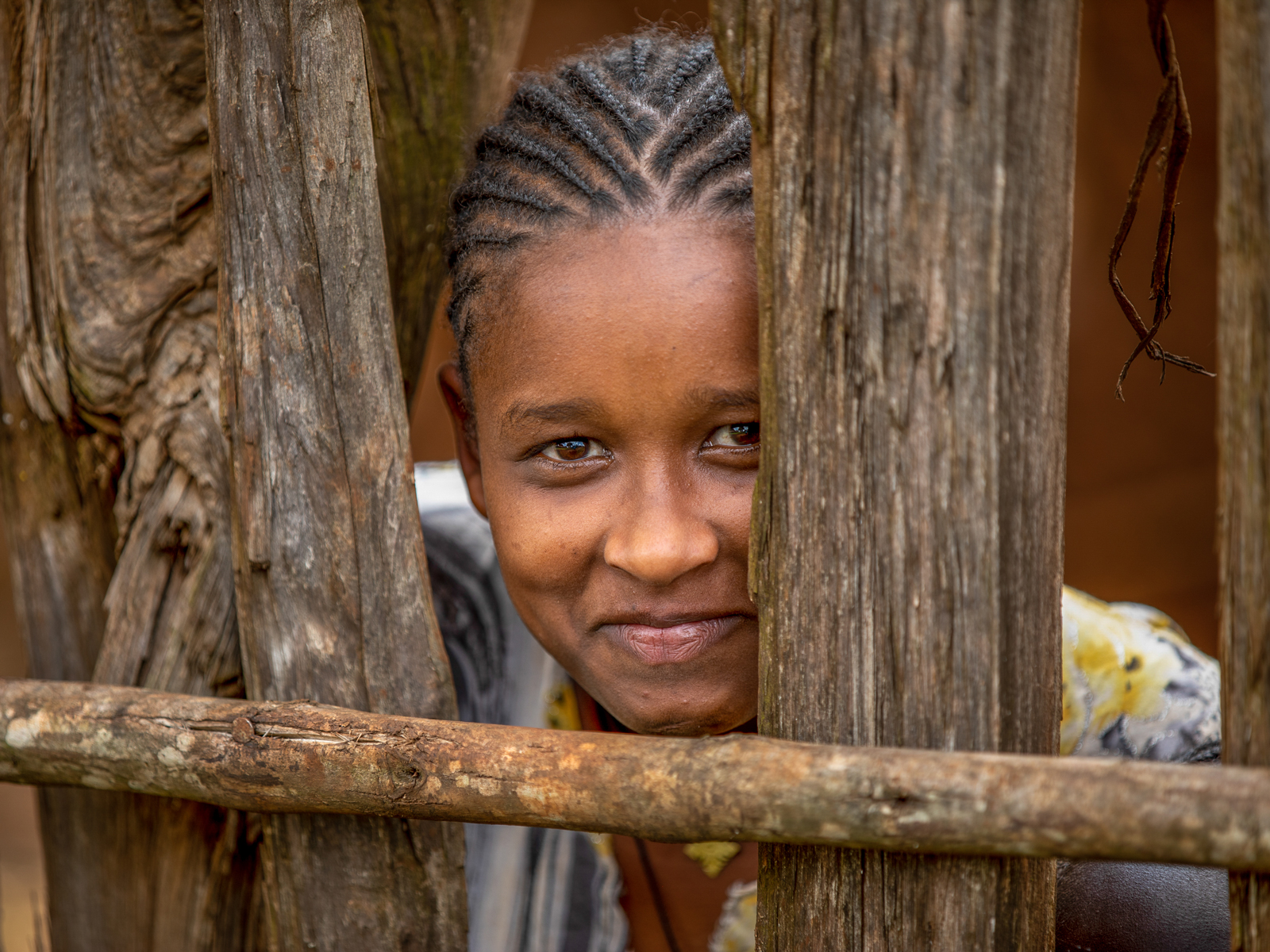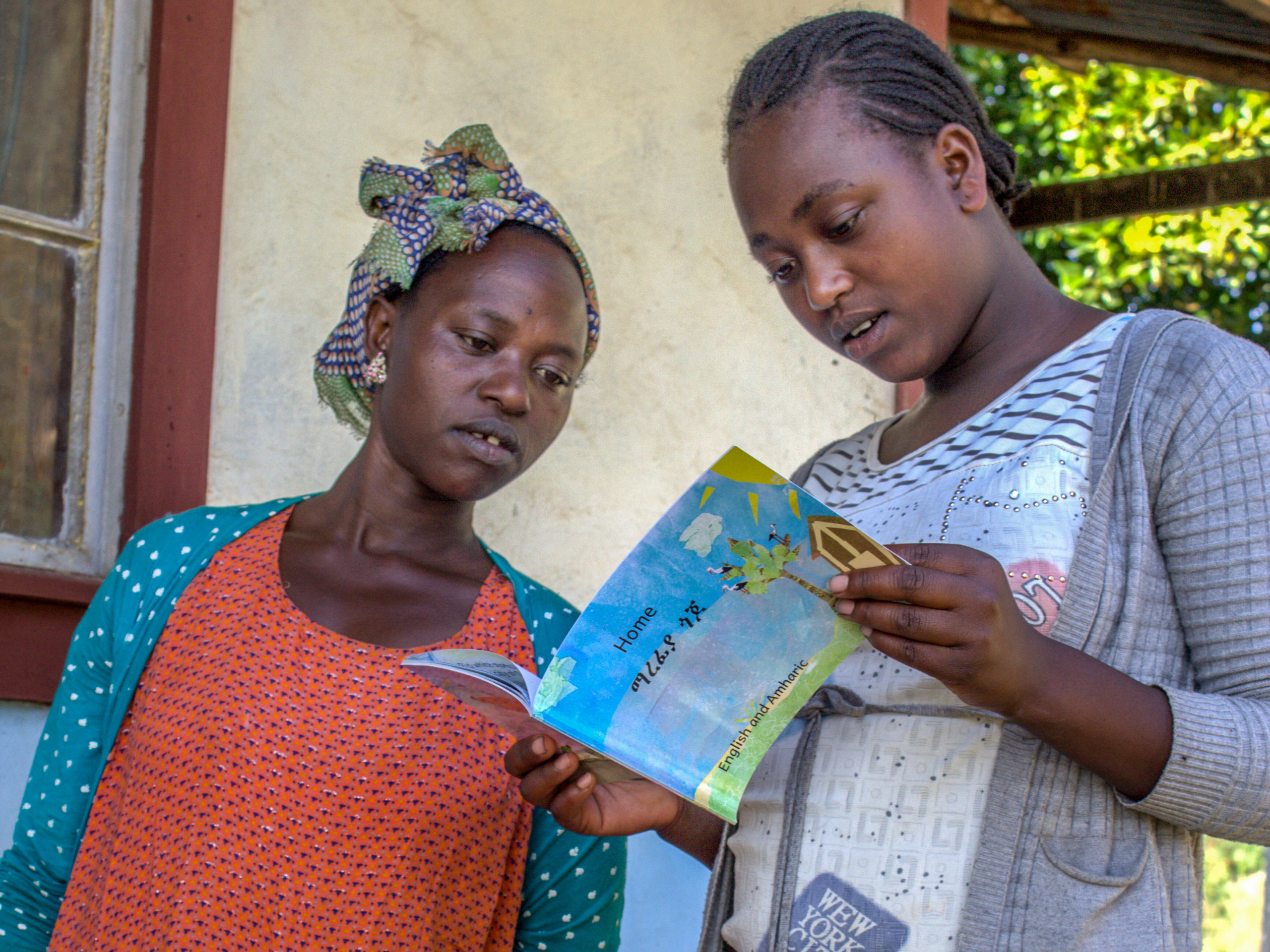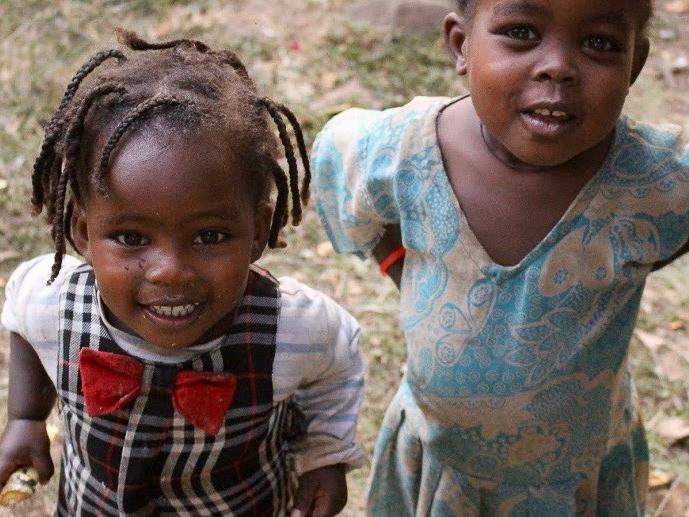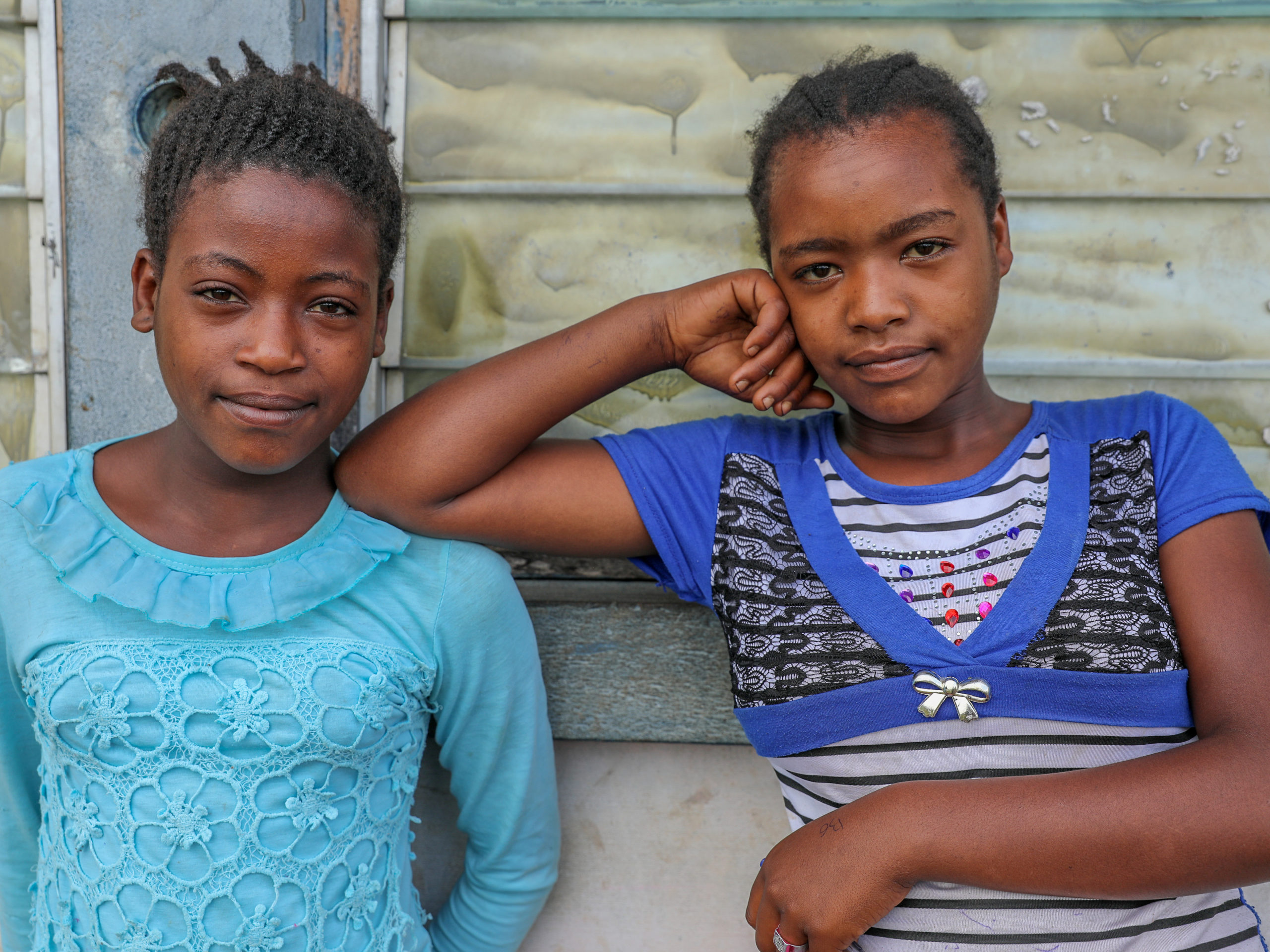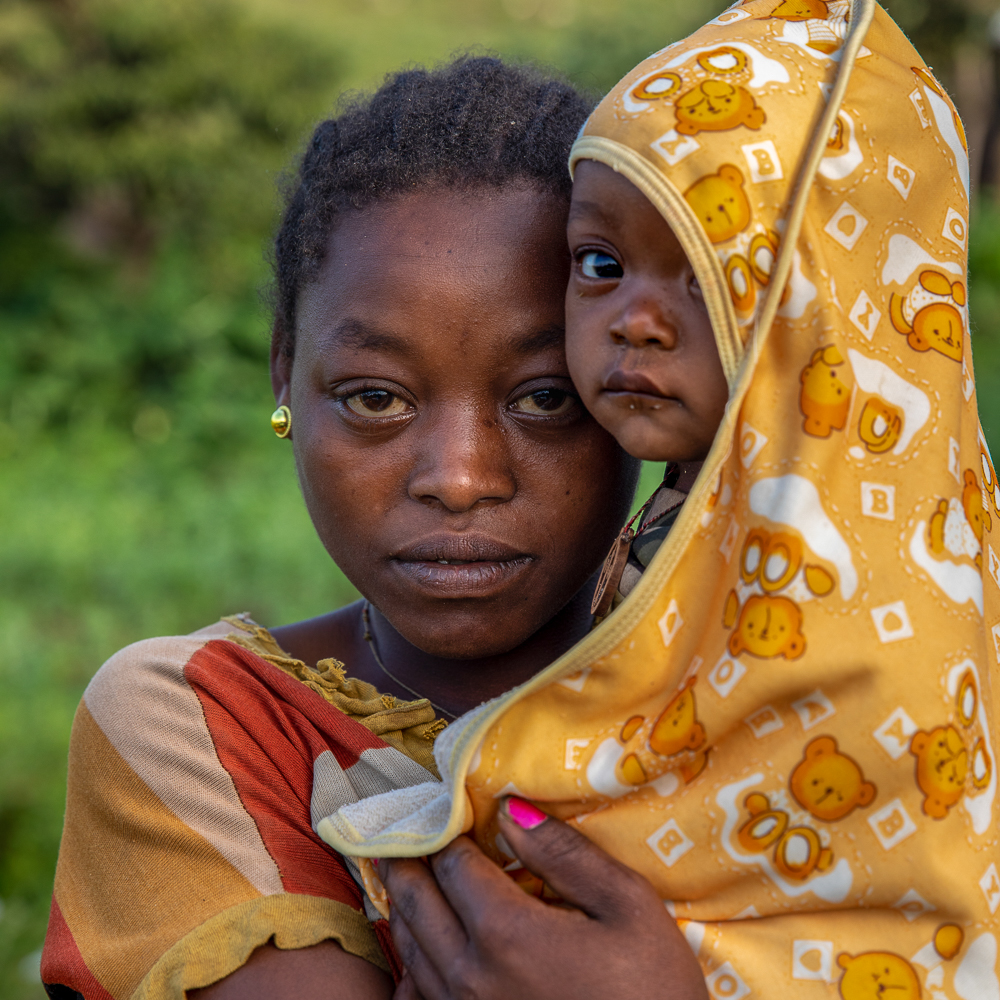Where We Work
The last pole of the national electric grid stands 80 African-gravel miles away from the Maji District, home to 35,000 people. A few private individuals have bought expensive diesel generators to provide power to grain mills and their homes. Everyone else lives in darkness when the sun goes down.
Most families in Maji District grow what they eat, sell their excess to each other, and use cash for a few necessities–school supplies; clothing; cooking oil, salt and sugar; and power needs–flashlight batteries and cell phone charging.
The government may eventually build a solar mini-grid in the one district town (also called Maji) to give daytime power for commercial efforts such as coffee shops and bars, butchers, tailors, and hair dressing. Meanwhile, MDC provided solar power for the shell of a hospital, newly built by the government but not operational for lack of power.
Climate change is requiring the people of Maji to scramble to figure out what grains will grow in spite of changing rain patterns. Many communities do not have access to clean water. And many women are raising children alone. All these needs were laid out in a Community Needs Survey MDC conducted as it began work in Maji District.
Working collaboratively with community, church and government leaders we are committed to responding where we can with sustainable solutions–because Maji District has no other nonprofit development organization. Hard to believe, but true.


